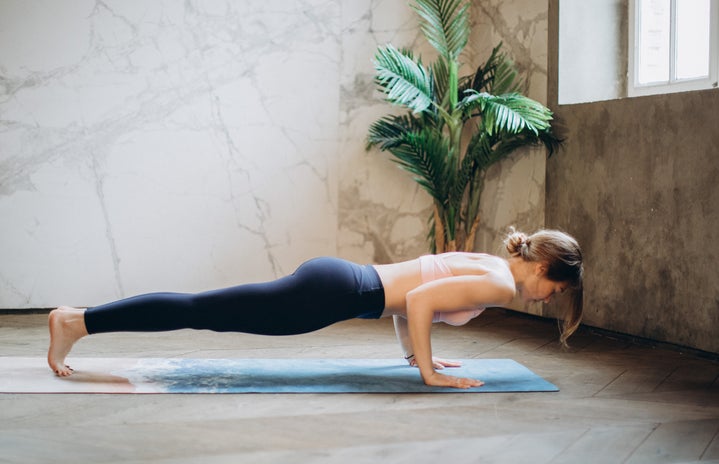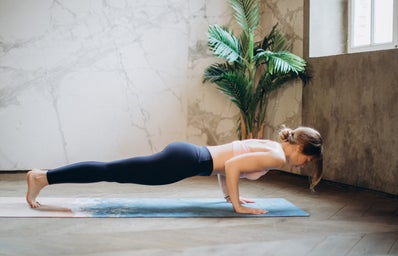It’s easy for most people to accept that working out is good for us. Our bodies are designed for movement and thrive when we move them through regular exercise. However, no less important are the rest days in between these workouts, which provide our body with time to repair our muscles, heal and grow. It’s no secret that many people struggle to get their regular exercise in, but an equally important problem is mentioned far less often: many athletes struggle to take the time to rest. Overusing our bodies without giving them downtime can lead to fatigue, moodiness and in some cases, injury. But why would something that sounds as easy as resting be so difficult?
Why is Rest Hard?
There is a strange irony in the challenge of a rest day for many athletes. On the one hand, we recognize that our bodies can only get stronger and healthier if we give them enough time to repair themselves. On the other, we live in a society that glorifies overworking, busyness and incessant achievement. Faced with these societal pressures, it’s no wonder that we struggle to take a day off. Even when our bodies need rest, our brains have been trained that pushing through is the recipe for success… even when this isn’t true.
A Dangerous Mentality
Unfortunately, this myth does not come without its costs. By “pushing through the pain”, we run the very real risk of making that pain permanent. Without giving our bodies time to recover after exercise, injuries are much more likely to occur. Exercising too much, too soon is another common way to avoid rest in the spirit of productivity, potentially leading to injury. A good rule of thumb when increasing exercise is to add by no more than 10% per week, yet society encourages us to do as much as we can, as quickly as we can. It’s a vicious cycle that inevitably sets us up for failure because there will ultimately come a point when our bodies say no. Once our bodies can no longer handle the demands we’ve put upon them, they don’t work for us as they should and we become worse off than when we started. Not only are we failing to meet society’s expectations, but we’ve run our bodies so far into the ground – literally and figuratively – that they are too out of commission for us to even try to meet those expectations.
How to Rest
Now that we know the dangers of avoiding rest days, how do we actually take them? First of all, we plan rest days into our workout schedules. Since they are just as important as the exercise itself, they deserve their own place on our calendars. Once rest day arrives, make the most of it! We can use the time we would have spent exercising to be creative, indulge in hobbies and take some time for ourselves. Budgeting time for fun into rest days reminds us of their value and encourages us to stick with them! Furthermore, just because we’re taking a day off from exercise doesn’t mean we can’t treat our bodies to some movement. Foam rolling, yoga, stretching or a gentle walk are all great options to reconnect with our bodies while giving them time and space to heal.
Taking the time to rest means giving our bodies what they need to survive and thrive. Like the way we need fuel for our cars, our bodies can’t run on empty. Not only are society’s expectations of constant productivity unrealistic, but they’re unsafe, and we do not need to abide by them to be successful in workouts or any other aspect of our lives. To avoid burnout, stay safe and feel better overall, we need to incorporate rest days into our schedules. Our bodies will thank us for it!



